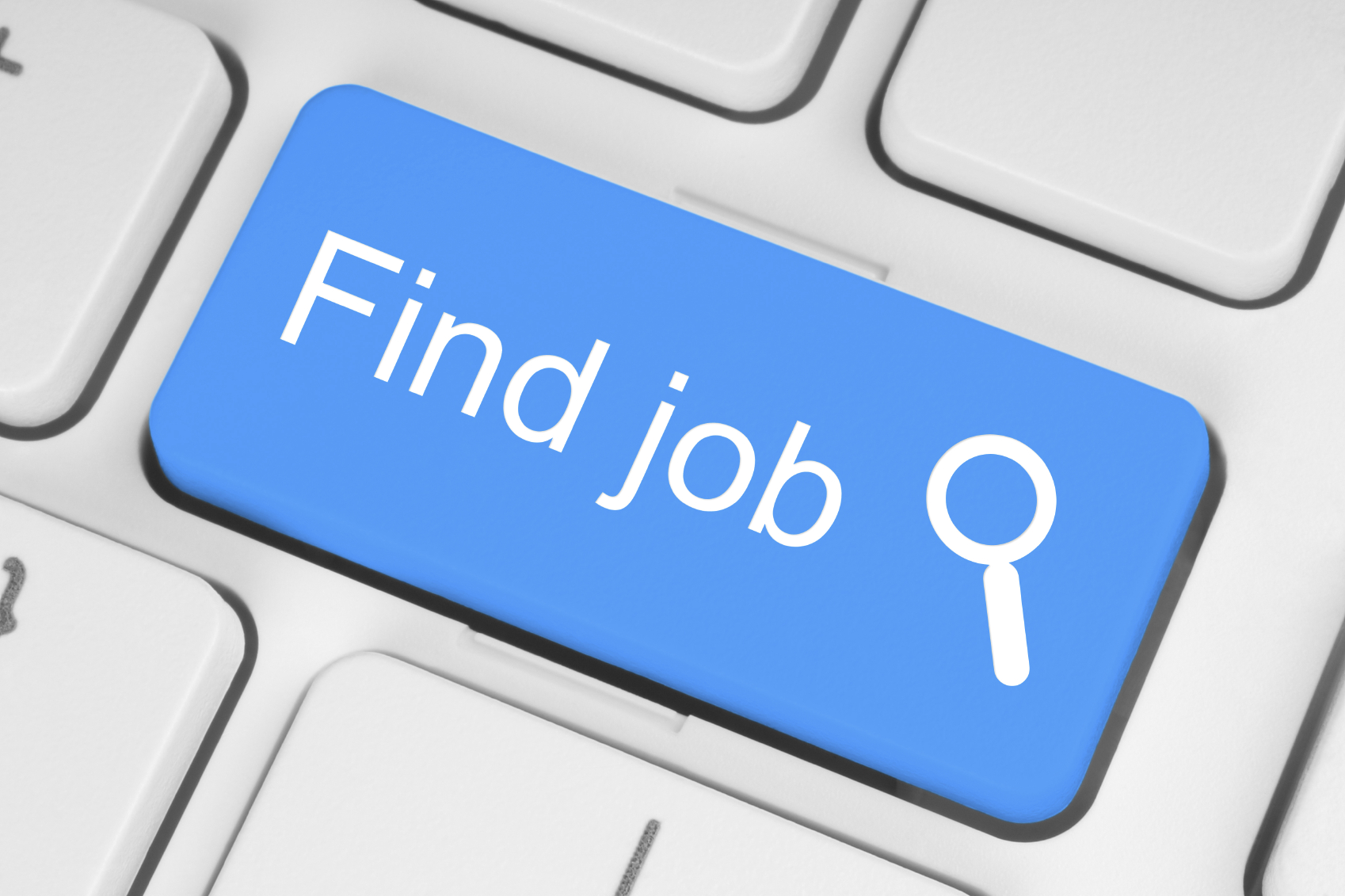How will EVS in Romania improve my CV ?

Hello everybody, today I want to write a special article. As written in the title it’s about the relation between EVS and CV. I know that sometime is very complicated to find quickly a job without this paper that traces your professional life. In my case, I wanted to continue my studies in a Master programme but when I finished my bachelor degree I had just a little professional experience. I studied Sociology and History and I wanted to pursue a Communication/Event Management Master. Every answer was negative because of lack of experience or simply because I had not done “the right studies”. But now I know how to improve my CV thanks to my EVS.
Making an EVS was the best idea I had. It’s an experience which can give you the keys to succeed. Thanks to EVS you can be more visible for the recruiters. Effectively, with EVS I improve myself for instance my competences for event organizing, work in an international teamwork, autonomy, communication in English… I succeed to find my professional way and what I want in my life. An EVS is a springboard for your CV, why? First you left your comfort zone, it means that nothing can disturb you. Secondly you went to meet different people and discover their daily life, in this way you are seen as an actor in society with an open mind. In addition during your EVS you must have had to accomplish some tasks, this gives you an experience that some people don’t have when they leave universities or schools.
And to finish the most important is the Youthpass. Is true that the Youthpass is a rather long file to do but it enhances EVERY competence, the things you’ve done and everything you’ve improved. It gives a general idea of your journey, what you have accomplished and what you know how to do. If you have doubts in your life, needs to refocus or make contacts so don’t hesitate to embark on an adventure with the EVS. This isn’t only an adventure for a few months, it can be helpful for the adventure of your life.
Julie este în România pentru o perioadă de opt luni, din noiembrie 2018 până în iunie 2019, în cadrul proiectului Voluntary Generation [2017-2-FR02-KA105-013326] proiect co-finanțat de Uniunea Europeană prin Programul Erasmus+ și implementat în România de către Curba de Cultură.
About the author